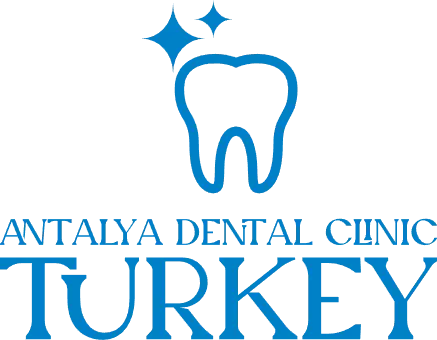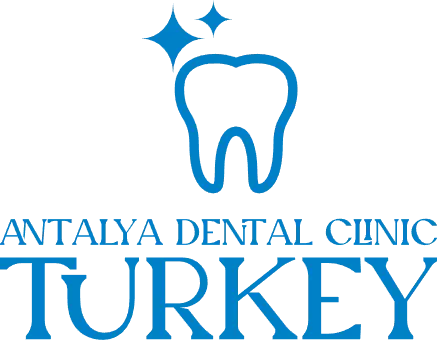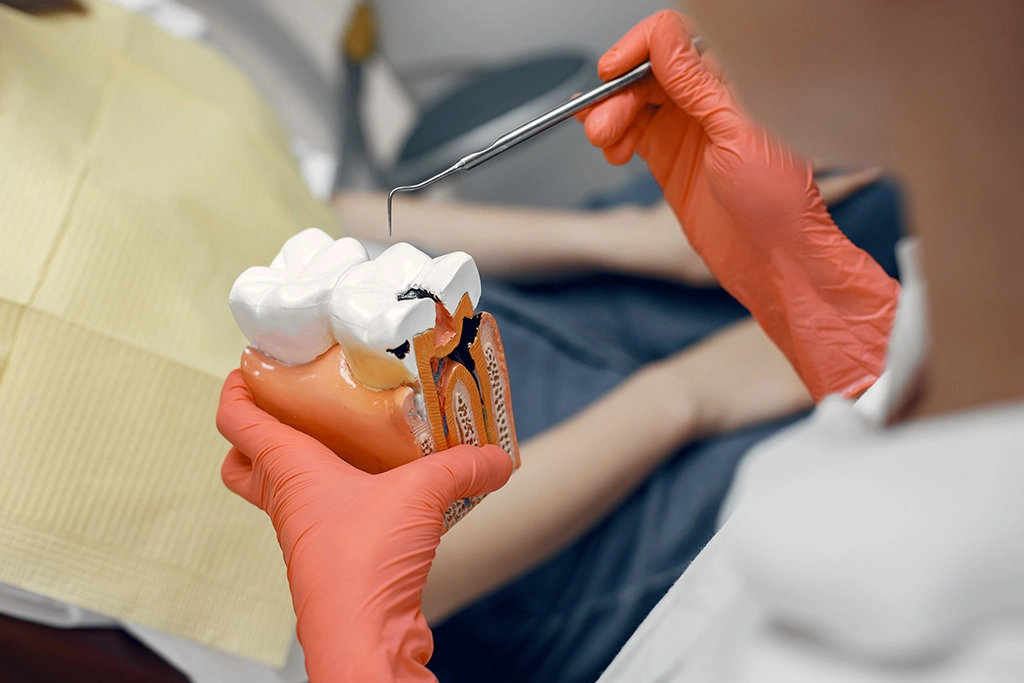Cosmetic Dentistry 14 min read
Dental health is a critical component of overall well-being,yet it is often overlooked until problems arise. Being proactive about understanding dental costs not only prepares you for potential expenses but also empowers you to make choices that align with your health priorities and financial situation. This guide aims to demystify the costs associated with tooth extractions and related procedures, providing clarity and helping to alleviate the stress of managing dental health finances.
Tooth extraction is a dental procedure where a tooth is removed from its socket in the bone. This procedure is often necessary due to tooth decay, gum disease, or injury. Extractions can be classified into two main types: simple and surgical. Simple extractions involve removing teeth that are visible in the mouth, while surgical extractions are more complex, involving teeth that are not easily accessible, such as impacted wisdom teeth.
Tooth extraction is often considered when other dental treatment abroad fail to save the tooth.
Understanding the nuances of the procedure, including its types and requirements, is essential in making informed decisions about your dental care. Whether a simple or surgical extraction, each comes with its own set of considerations and potential complications, which can impact both the procedure and its cost.
Why Are Extractions Necessary?
Tooth extractions are usually the last resort when other dental treatments cannot save the tooth. Reasons for extraction include severe decay, infection, overcrowding, or impacted wisdom teeth. Understanding the necessity of the procedure can help in weighing the costs versus the benefits. For instance, removing an infected tooth can prevent further health complications and alleviate pain, making it a worthwhile investment.
Moreover, extractions can sometimes be a proactive measure to prevent future dental issues. For example, removing wisdom teeth that are likely to become impacted can prevent pain and misalignment of other teeth. Recognizing the long-term benefits of such procedures can help justify the initial expense and guide you towards making decisions that support your overall dental health.
How Much Does a Tooth Extraction Cost in the UK?
The cost of tooth extraction varies based on several factors including the complexity of the procedure, the type of anesthesia used, and whether the treatment is through the NHS or a private dentist. Understanding these factors can help you anticipate your out-of-pocket expenses and plan your budget accordingly. It's important to consult with your dentist to get a precise estimate tailored to your specific needs and circumstances.
Costs can also be influenced by the geographic location of the dental practice. Urban areas may have higher fees due to increased operational costs, while practices in rural areas might offer more competitive pricing. Additionally, the experience and reputation of the dentist or dental surgeon can play a role in determining the final cost of the procedure.
NHS vs. Private Dental Costs
NHS Costs: Under the NHS, dental care is categorized into three bands. Tooth extraction generally falls into Band 2, which costs around £65.20. This band covers all necessary treatments required to keep your mouth, teeth, and gums healthy. The NHS provides a cost-effective option for many patients, ensuring access to essential dental care without exorbitant fees.
Private Costs: In the private sector, the cost of a tooth extraction can range from £50 to £350, depending on the complexity of the procedure. Surgical extractions, often necessary for wisdom teeth, can be more expensive. Private care often offers more flexibility in terms of appointment scheduling and the availability of advanced techniques or anesthesia options, which can be appealing despite the higher costs.
Factors Affecting Tooth Extraction Costs
- Complexity of Extraction: Simple extractions are less costly than surgical ones. Surgical extractions often require more time, specialized skills, and additional resources, contributing to higher fees.
- Type of Anesthesia: Local anesthesia is less expensive than general anesthesia or sedation. The choice of anesthesia can significantly affect the overall cost, with sedation options generally being more costly due to the need for additional medical personnel and equipment.
- Location: Dental fees may vary by region. Urban centers typically have higher costs due to increased demand and operational expenses, while suburban or rural areas might offer more competitive pricing.
- Dentist's Experience: More experienced dentists may charge higher fees. Their expertise and reputation can justify the premium, as patients often feel more confident in the quality of care provided by seasoned professionals.
Other Dental Procedure Costs
Understanding the costs of other related dental services can help in planning your dental care budget. By familiarizing yourself with these expenses, you can prioritize treatments and manage your finances more effectively.
Routine Check-ups
NHS Costs: An NHS dental check-up falls under Band 1, costing around £23.80. Regular check-ups are crucial for maintaining oral health and catching potential issues early, which can prevent more expensive treatments down the line.
Private Costs: A private dental check-up ranges from £20 to £120, depending on the clinic. Private practices may offer more comprehensive examinations, including advanced diagnostic tools and personalized care, which can justify the higher costs.
Dental Hygienist Services
A dental hygienist helps maintain oral health through cleaning and preventive care. Regular visits to a hygienist can significantly reduce the risk of gum disease and decay.
NHS Costs: Typically included in Band 1, unless further treatment is required. This makes hygienist services accessible and affordable for NHS patients, promoting preventative care.
Private Costs: Sessions can cost between £30 to £100. Private hygienist services may offer more flexibility in scheduling and additional treatments such as advanced cleaning techniques, which can be beneficial for those with specific dental needs.
Fillings
Fillings restore the function and integrity of missing tooth structure. They are a common procedure, used to treat cavities and prevent further decay.
NHS Costs: Covered under Band 2, costing approximately £65.20. This makes it a cost-effective option for patients needing restorative dental care.
Private Costs: Range from £40 to £250 depending on the material used. Private options often include a variety of materials, such as composite resins or porcelain, offering both aesthetic and functional benefits.
Root Canal Treatments
A root canal treats infection at the center of a tooth, preserving the tooth and preventing further complications. It's a crucial procedure for saving teeth that might otherwise need extraction.
NHS Costs: Generally covered under Band 2. This provides an affordable solution for patients requiring this essential treatment.
Private Costs: Can range from £95 to £700, depending on the tooth. The cost reflects the complexity of the procedure and the materials used, with private practices often offering more advanced techniques and technologies.
Finding an Inexpensive Dentist Near You
Searching for affordable dental care involves comparing prices and services offered by different clinics. Consider the following tips to find a dentist that fits your budget without compromising on quality.
- Check Local Listings: Use directories to find dentists in your area. Online resources can help you quickly compare different practices, their services, and pricing.
- Read Reviews: Patient reviews can provide insights into the quality of care. Reviews can highlight both positive and negative aspects of a clinic, helping you make a more informed choice.
- Inquire About Payment Plans: Some clinics offer financing options to spread the cost. Payment plans can make dental care more accessible, allowing you to manage expenses over time.
- Consider Dental Insurance: Insurance can reduce out-of-pocket expenses. Review your policy to understand what procedures are covered and how you can maximize your benefits.
FAQs on Teeth Extraction and Costs
How Much Does a Filling Cost in the UK?
The cost varies significantly between NHS and private treatments. NHS fillings are included in Band 2 services, whereas private fillings depend on the material and can range from £40 to £250. This variation highlights the importance of understanding your treatment options and their associated costs.
How Much is a Private Dental Check-Up?
A private check-up can cost between £20 and £120, depending on the clinic and any additional diagnostics required. Choosing a private check-up may offer more personalized care and quicker service, which can be a worthwhile investment for some patients.
What Are the Costs of Root Canal Treatment in the UK?
Root canal treatments under the NHS fall into Band 2, but privately, they can cost anywhere from £95 to £700, depending on complexity and tooth location. Private treatment may offer advanced techniques and shorter waiting times, appealing to those seeking immediate care.
Conclusion
Dental costs in the UK can vary widely based on the type of procedure, the provider, and whether you opt for NHS or private care. By understanding these costs and planning accordingly, you can make informed decisions about your dental health. Whether you're considering a routine check-up, a filling, or a tooth extraction, having a clear view of the potential costs helps ensure that you receive the best care for your needs and budget.
Remember, maintaining regular dental check-ups and hygiene can help prevent costly procedures in the future. Investing in your oral health today can save money and discomfort down the line. By staying informed and proactive about your dental care, you can navigate the complexities of dental costs with confidence and ease, ensuring that you maintain both your health and financial well-being.


